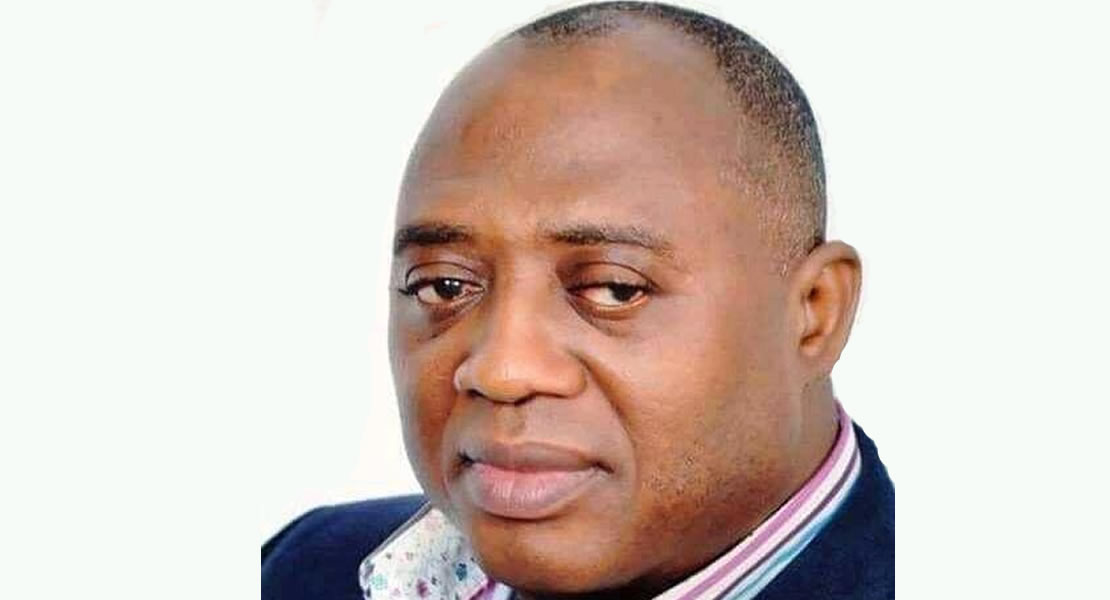
The Accra Fast Track High Court on Wednesday granted the prosecution leave to recall a witness in the trial of the Member of Parliament (MP) for Bawku Central, Mr. Adamu Dramani Sakande, if it wished to do so.
This is to help clarify what it termed “ambiguity” arising from the evidence of the MP and documents from the National Security Secretariat (NSS) which said the MP had not renounced his nationality status.
However, the court refused to allow the prosecution to prevail upon the MP to identify an alleged authenticated version of documents he (the MP) had earlier tendered in evidence to prove that he had renounced his British citizenship before seeking to be elected MP.
Although the prosecution had not formally put up any application praying the court to grant it leave to recall a witness months after closing its case, the trial judge, Mr. Justice Charles Quist, devoted a major part of his ruling to why the prosecution could recall a witness to rebut the MP’s claims, citing authorities.
Giving its ruling on an application by counsel for the MP, Mr. Yonny Kulendi, on his opposition to moves by the prosecution to cast doubt on his client’s defense, the court held that Section 111 of the Criminal Procedure and Other Offences Act gave the court the mandate to allow the prosecution to recall witnesses.
After the ruling, the court declined to grant the defense team’s request for a short adjournment to enable it (defense team) to study the ruling for the necessary action to be taken.
Following the court’s refusal to adjourn the matter, a Chief State Attorney, Mr. Rexford Wiredu, continued with his cross-examination of the accused person.
During the cross-examination, the MP denied assertions from the prosecution that he had forged his renunciation papers to throw dust in the eyes of the court.
The prosecution has since completed cross-examining the MP.
On May 24, 2011, Mr. Kulendi had argued that it was improper for the prosecution to request his client to identify documents which bordered on the renunciation of his British citizenship and which were purported to have emanated from the NSS and other agencies.
Mr. Wiredu had urged the MP to look at what he termed an “authenticated version” of the documents he (the MP) had earlier tendered in evidence to prove that he had renounced his British citizenship before seeking to be elected as an MP.
However, Mr. Kulendi vehemently opposed Mr. Wiredu’s action and said the document, dated November 5, 2010 and signed by the National Security Coordinator, Lt Col Larry Gbevlo-Lartey (retd), had no bearing on his client’s evidence-in-chief and argued that the MP had not tendered in evidence any document with characteristics similar to that of the NSS to be called upon to identify them.
According to him, the documents were concocted, arranged and procured after the doors of justice had been shut on the prosecution.
Opposing Mr. Kulendi’s submission, Mr. Wiredu explained that the MP took the prosecution by surprise when he tendered the documents claiming he had renounced his British citizenship and for that reason the prosecution had to verify the authenticity or otherwise of the documents from the relevant authorities.
The MP was, on July 31, 2009, arraigned before the court, charged with nine counts relating to his nationality, perjury, forgery of passport, election fraud and deceiving public officers to be elected as an MP, but was exonerated on six of those charges on July 8, 2010.
He is currently facing three charges of false declaration of office or voting, perjury and deceiving a public officer.